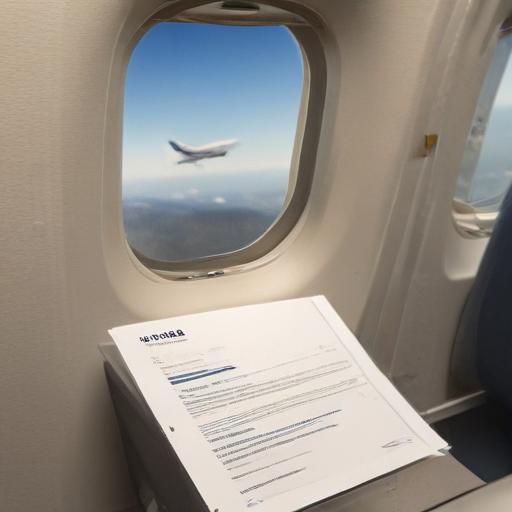Two class-action lawsuits filed on Tuesday accuse Delta Air Lines and United Airlines of charging passengers premiums for window seats that were not next to an actual window.
In New York federal court, Delta faces the suit, while United’s case is in a San Francisco federal court. The complaints allege that the airlines sold more than one million so-called window seats that lacked a window, effectively misrepresenting the product being purchased.
“The goal is to hold United and Delta accountable for charging customers for products that they didn’t deliver, and for misrepresenting the nature of the products that they did deliver,” said Carter Greenbaum of Greenbaum Olbrantz LLP, the attorney who filed the suits.
Delta declined to comment, and United did not immediately respond to requests for comment.
According to the complaints, certain Boeing 737s, Boeing 757s and Airbus A321s are configured with at least one window seat that sits next to a wall rather than a window, typically because of the placement of air conditioning ducts or electrical components. The suits note that other airlines, such as American Airlines and Alaska Airlines, operate similar aircraft but disclose during seat selection whether a seat lacks a window.
What this could mean for travelers is that if the courts determine the seats were misrepresented, the airlines might face demands for refunds or other remedies. It also raises questions about how seat information is presented during the booking and seat-selection processes, and whether disclosures should be standardized across carriers.
For passengers, the case highlights the importance of verifying seat details at booking and again at check-in, and asking airline personnel if a designated window seat truly has a window.
Summary: The lawsuits claim Delta and United sold window seats that were actually windowless, arguing a misrepresentation of the product. The outcomes could affect disclosures during seat selection and potential remedies for affected customers, should the courts find merit in the claims.
This development may prompt broader scrutiny of how seat features are described and marketed, potentially leading to clearer labeling of window versus non-window seats across major carriers. A hopeful note for travelers is that the cases could lead to improved transparency and customer protections in airline seating disclosures.
